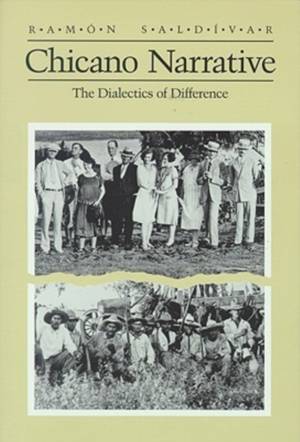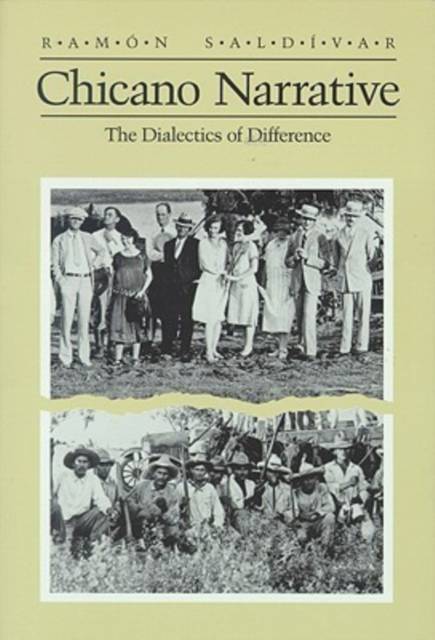
- Retrait gratuit dans votre magasin Club
- 7.000.000 titres dans notre catalogue
- Payer en toute sécurité
- Toujours un magasin près de chez vous
- Retrait gratuit dans votre magasin Club
- 7.000.000 titres dans notre catalogue
- Payer en toute sécurité
- Toujours un magasin près de chez vous
Description
In struggling to retain their cultural unity, the Mexican-American communities of the American Southwest in the nineteenth and twentieth centuries have produced a significant body of literature. Chicano Narrative examines representative narratives--including the novel, short story, narrative verse, and autobiography--that have been excluded from the American canon.
Spécifications
Parties prenantes
- Auteur(s) :
- Editeur:
Contenu
- Nombre de pages :
- 264
- Langue:
- Anglais
- Collection :
Caractéristiques
- EAN:
- 9780299124748
- Date de parution :
- 15-05-90
- Format:
- Livre broché
- Format numérique:
- Trade paperback (VS)
- Dimensions :
- 151 mm x 229 mm
- Poids :
- 353 g







